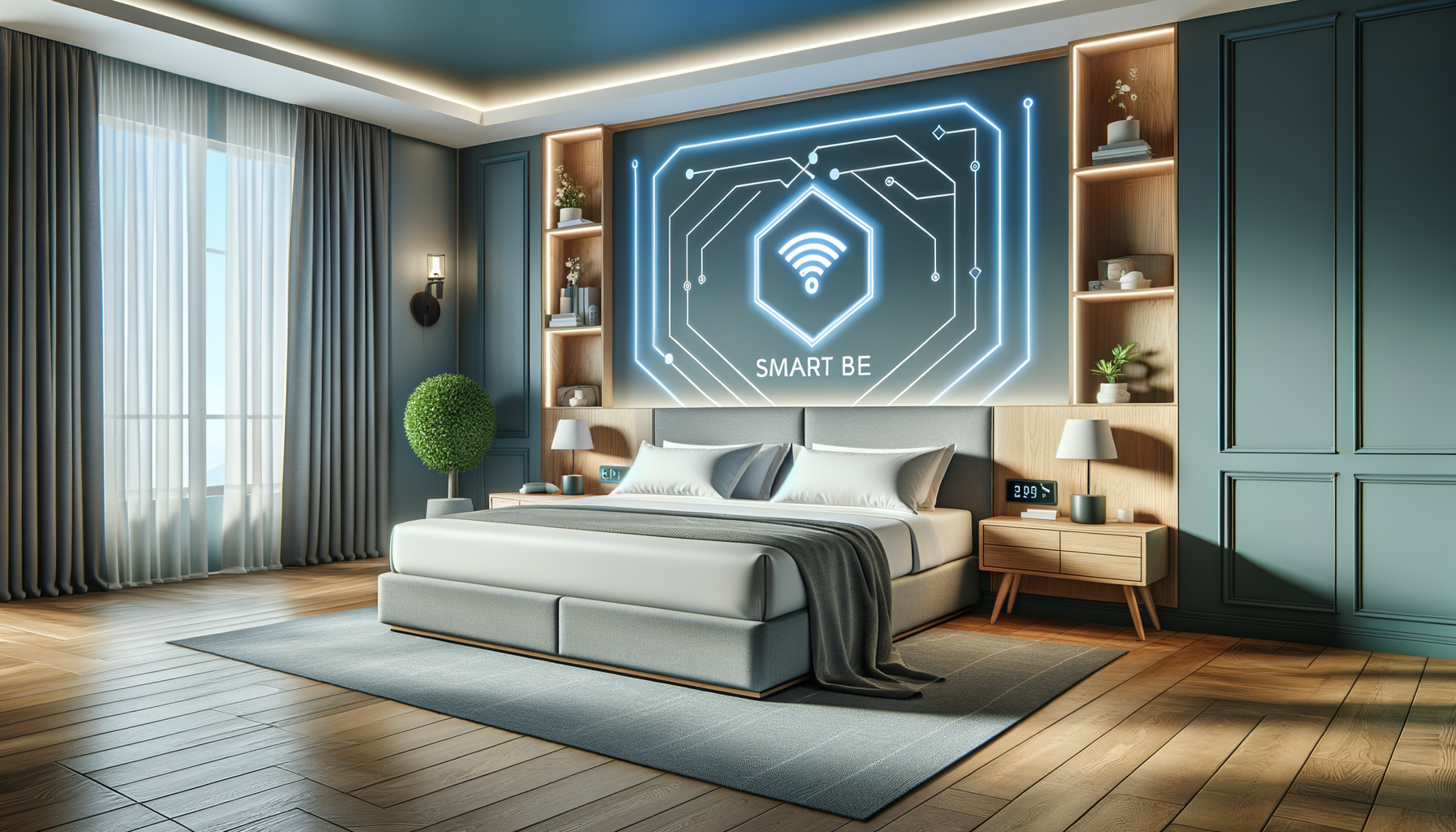Introduction to Smart Beds
In the ever-evolving world of technology, smart beds have emerged as a fascinating innovation aimed at enhancing sleep quality and overall health. These beds are not just about comfort; they incorporate advanced technology to monitor and improve sleep patterns. As our lives become increasingly busy, the importance of quality sleep cannot be overstated, making smart beds a significant addition to modern homes.
Smart beds are designed to provide personalized sleeping experiences by adjusting to the user’s needs. They utilize sensors and connectivity features to monitor various aspects of sleep, such as heart rate, breathing patterns, and movement. This data is then used to optimize the sleeping environment, ensuring a restful night and promoting better health outcomes.
How Smart Beds Work
At the core of smart beds is a sophisticated system of sensors and connectivity technologies. These beds are equipped with sensors that gather data on the sleeper’s body movements, heart rate, and breathing patterns. The data collected is then analyzed by the bed’s integrated system to provide insights into the user’s sleep quality.
Smart beds often come with features such as adjustable firmness, temperature control, and even massage functions. These features are controlled via a smartphone app or a remote, allowing users to customize their sleep environment. Some smart beds are equipped with artificial intelligence that learns the user’s preferences over time, making automatic adjustments to improve comfort and support.
Connectivity is another crucial aspect of smart beds. Many models can connect to other smart home devices, creating a seamless integration with the user’s lifestyle. For instance, a smart bed can adjust the room’s lighting or temperature based on the user’s sleep cycle, further enhancing the sleep experience.
- Adjustable firmness and support
- Temperature regulation
- Integration with smart home devices
Benefits of Using Smart Beds
Smart beds offer a myriad of benefits that go beyond a comfortable night’s sleep. One of the most significant advantages is the ability to monitor and improve sleep quality. By tracking sleep patterns, users can gain insights into their sleep habits and make informed decisions to enhance their rest.
Moreover, smart beds can help alleviate specific health issues. For instance, adjustable firmness can provide better support for individuals with back pain, while temperature regulation can assist those who struggle with night sweats. The ability to customize the sleeping environment ensures that users can address their unique needs effectively.
Additionally, the integration of smart beds with other devices can lead to a more connected and efficient lifestyle. By automating certain aspects of the sleep environment, users can ensure a consistent and optimized sleep routine, which can contribute to better overall health and well-being.
- Improved sleep quality monitoring
- Customizable comfort and support
- Enhanced health benefits
Conclusion: The Future of Sleep Technology
Smart beds represent a significant advancement in sleep technology, offering a blend of comfort, personalization, and health benefits. As technology continues to evolve, these beds will likely become even more sophisticated, providing users with unprecedented control over their sleep environment.
For those seeking to improve their sleep quality and overall health, investing in a smart bed could be a wise decision. By understanding how these beds work and the benefits they offer, individuals can make informed choices that align with their lifestyle and health goals.
In conclusion, smart beds are more than just a trend; they are a step towards a healthier, more restful future. As we continue to prioritize well-being, the role of smart technology in our daily lives will undoubtedly grow, with smart beds leading the way in sleep innovation.




Leave a Reply